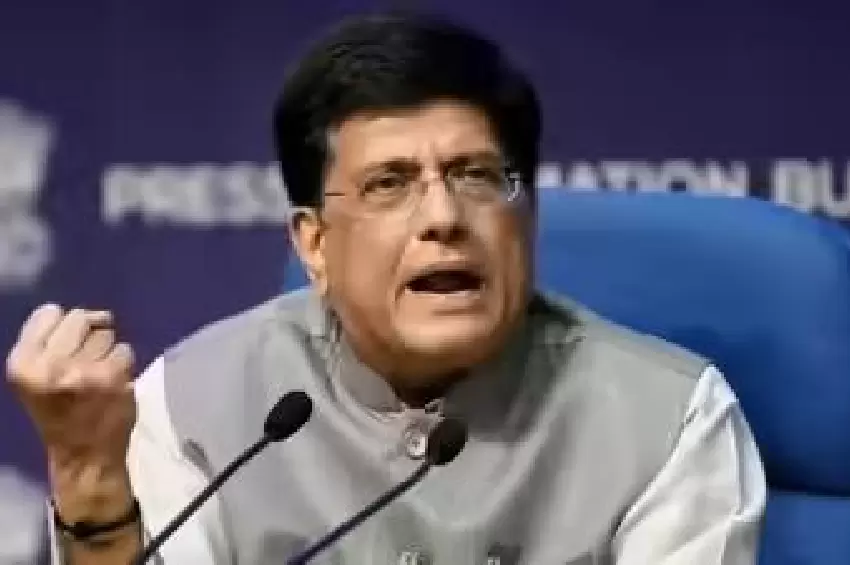EU's New Sanctions on Russian Oil: A Challenge for Indian Giants
The European Union has introduced its 18th sanctions package against Russia, significantly impacting the global oil trade. This move reduces the Russian oil price ceiling to $47.6 per barrel from $60, effective September 3, and targets vessels involved in its transportation. Reliance Industries Limited (RIL) and Nayara Energy are among the most affected, facing potential exclusion from lucrative EU markets.

Operational Hurdles for Nayara and RIL
Nayara Energy confronts comprehensive sanctions, including restrictions on banking transactions and access to European technical support. RIL, on the other hand, must choose between discounted Russian oil and Europe's profitable diesel market. Both scenarios threaten to squeeze their refining margins.
Enforcement Challenges and India's Stance
The EU faces difficulties in enforcing the price cap without US support, given the dollar's dominance in oil transactions. Meanwhile, India opposes unilateral sanctions, prioritizing energy security. "India maintains its position against unilateral sanctions," stated MEA spokesperson Randhir Jaiswal.
Potential Benefits for India
The revised sanctions may enhance the appeal of Russian oil for India, especially for state-operated companies like Indian Oil, HPCL, and BPCL, which are significant purchasers of Russian oil. This development could offset recent diminishing discounts.









Comments